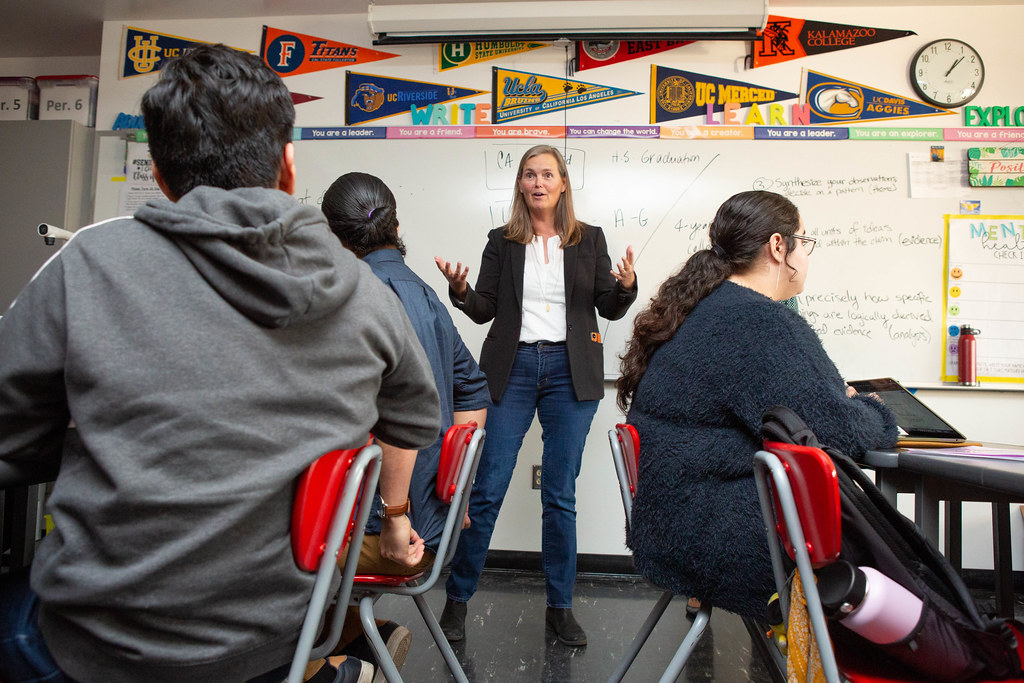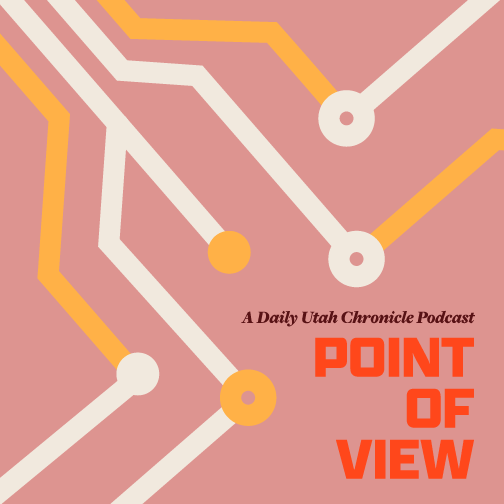One of the more frustrating aspects of a college education is how separated the subjects are. Divided into their own departments, teachers and class catalogs, each major is treated as a unique thing. But when you look at the variety of majors and subjects available, it becomes clear that many of them address the same kinds of issues. That is why it’s important to be interdisciplinary, to look outside your major and see what else you can learn.
Although the typical undergraduate has to take a number of broad “core classes,” they might find few opportunities to apply this basic material to their later studies. It is certainly vital to learn the basics of math, science and history, but most undergrads can do that without really looking any more than into the intro classes. In fact, students can sometimes fulfill these requirements within their own major, opting not to venture too far from what they’re used to.
Yet being interdisciplinary is more important now than it ever was before. In modern universities, there are typically a huge variety of majors, all specializing in subjects that tackle important issues. Even large-scale scientific majors often have specialized sections, with biology and chemistry departments eschewing broad teaching in favor of preparation for specific careers. Of all of these narrow disciplines, students have to try and learn the most they can.
This is not to disparage the benefits of specialization. Indeed, the ability to focus narrowly on one problem has allowed people to study things with more clarity than perhaps ever before. But something is missing in all of this. As more and more students are working on complex issues within their fields, it seems more frustrating that they don’t often talk to each other. The higher the quality of education, the more important it is to reach out of the discipline and see what else there is to offer.
Amid all this specialization, many disciplines deal with shockingly similar problems. Economists and political scientists both study economic policy; anthropologists and historians both study events from the past. In science disciplines, the shared foundations are even more obvious, as biology and chemistry rely on some of the same introductory material. The separated disciplines can potentially prevent students from working together on common problems.
Being interdisciplinary doesn’t just mean taking classes from different majors. It means being open to see how another school of thought could change your mind. Exploring something from two different points of view can reveal things that would’ve been lost if you had just looked at it from a single vantage. Academic disciplines tend to use their own set of methods to address a problem, a fine practice that can stifle creativity if it is done too often. Being interdisciplinary means trying as many techniques as you can to resolve the issues you care about.
The most important reason to be interdisciplinary is that it can help you realize how connected our world really is. After studying something for almost four years, it can be easy to think that it is the only area of study that matters. Interdisciplinary studying means looking at the big picture and realizing that there is always more to learn, especially from those that have different backgrounds. Understanding the sheer number of people working on today’s problems can provide endless opportunities to gain new knowledge.
So the next time you’re looking for a class to fill an extra spot, consider being interdisciplinary. Look at a major similar to yours and see if it is addressing some of the same questions. Given the complexities of the problems that face us, the least we can do is get a second opinion.

















